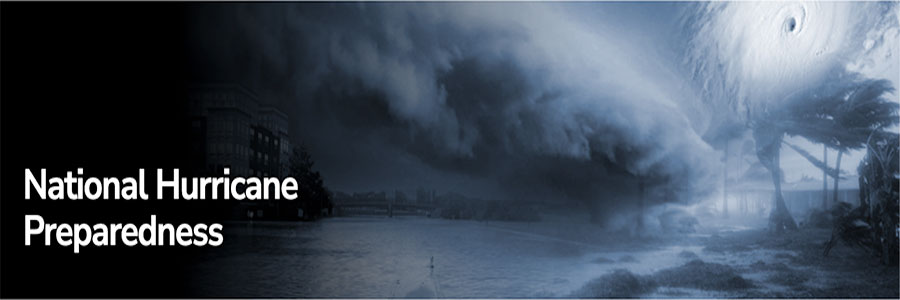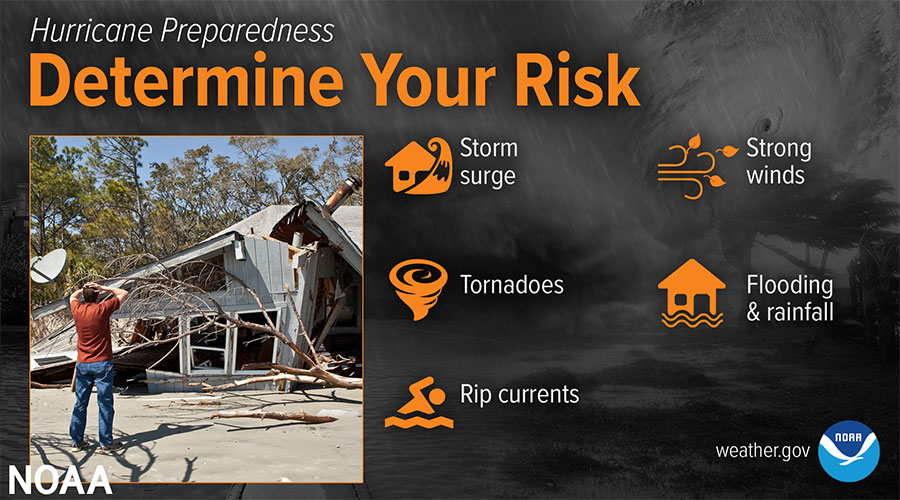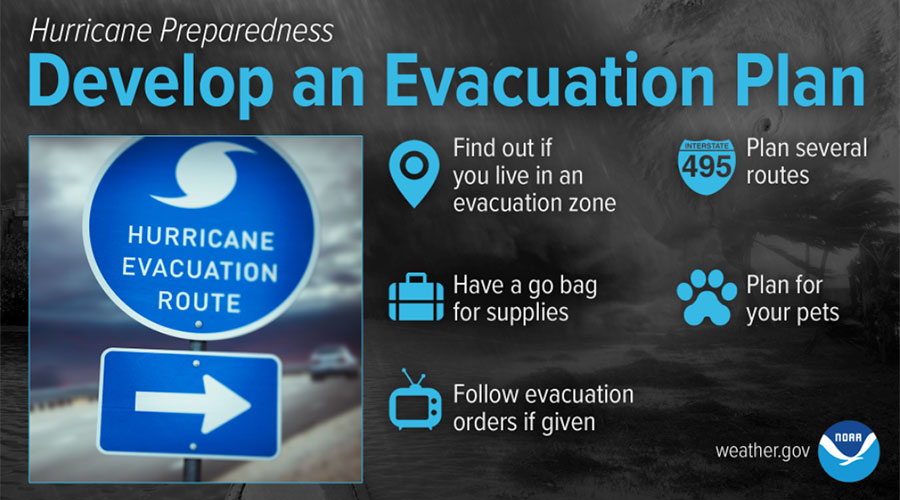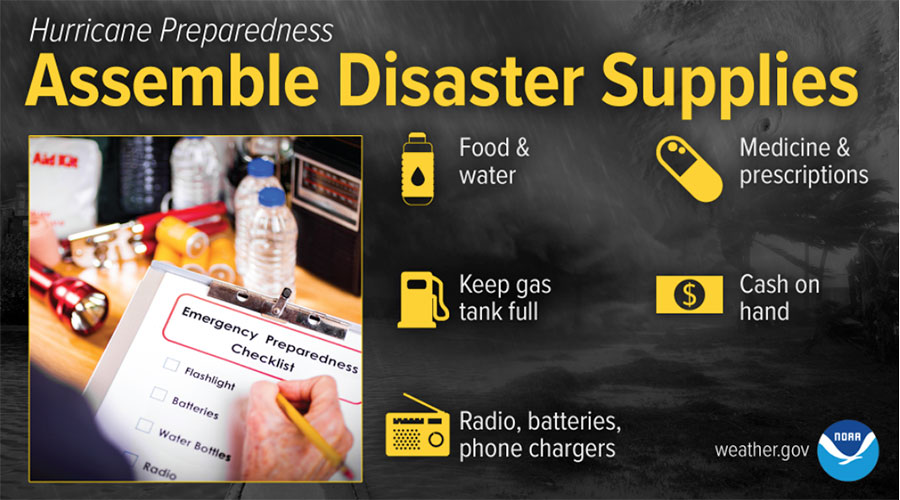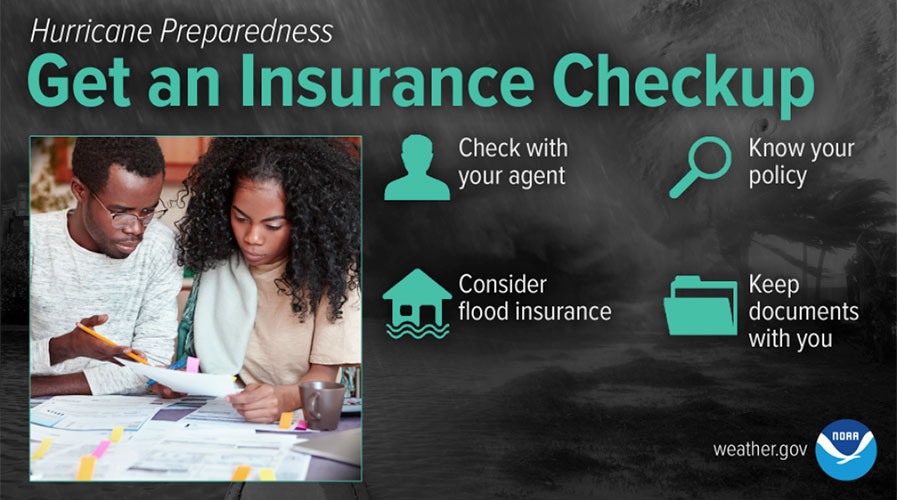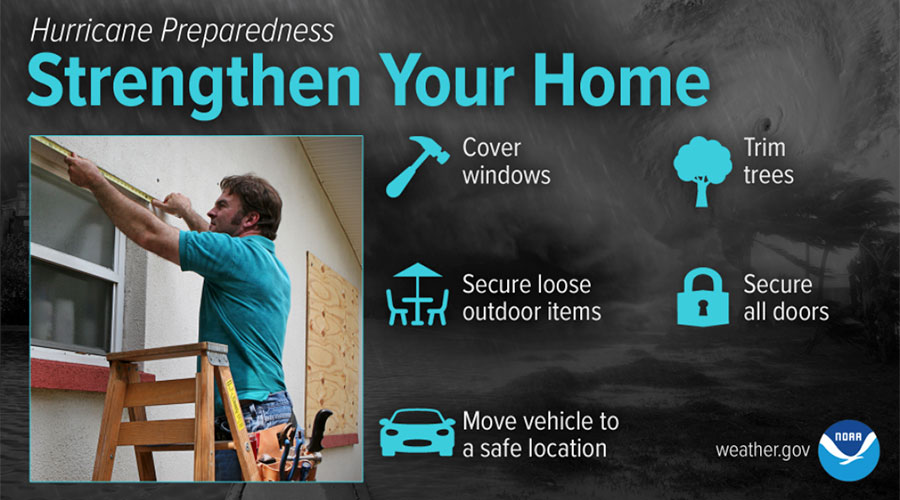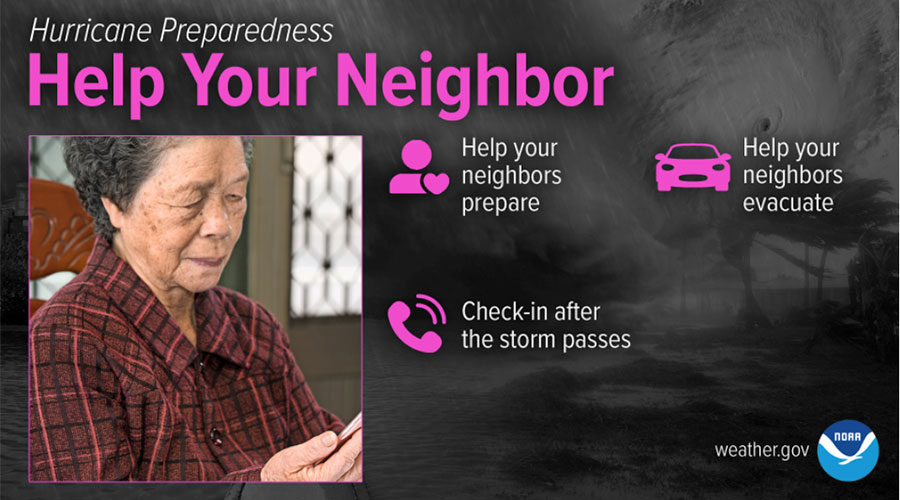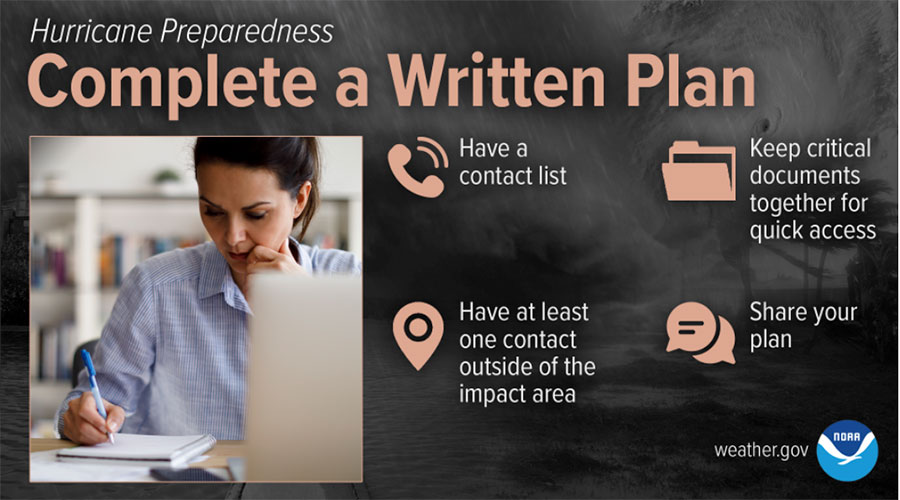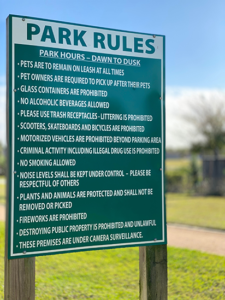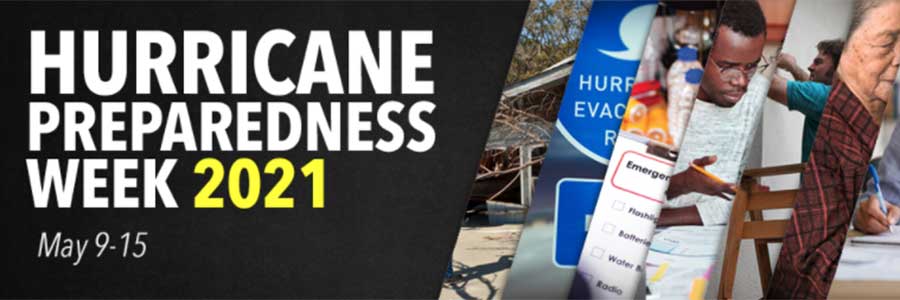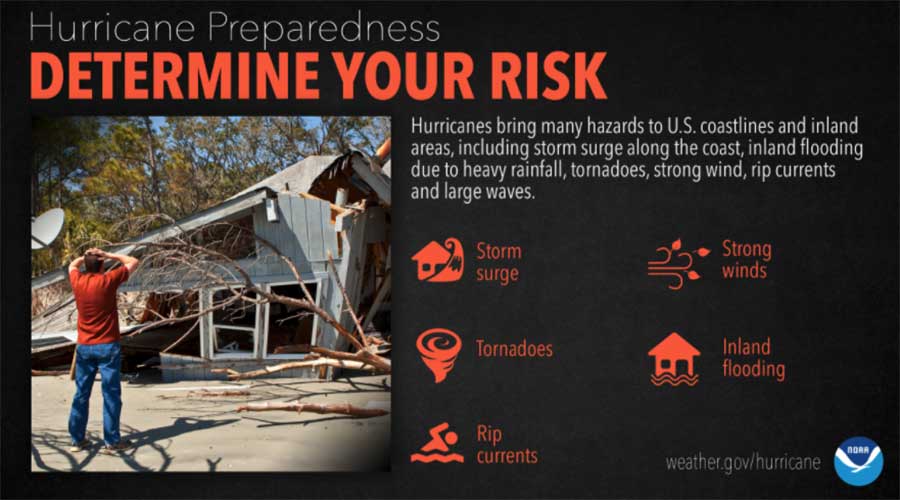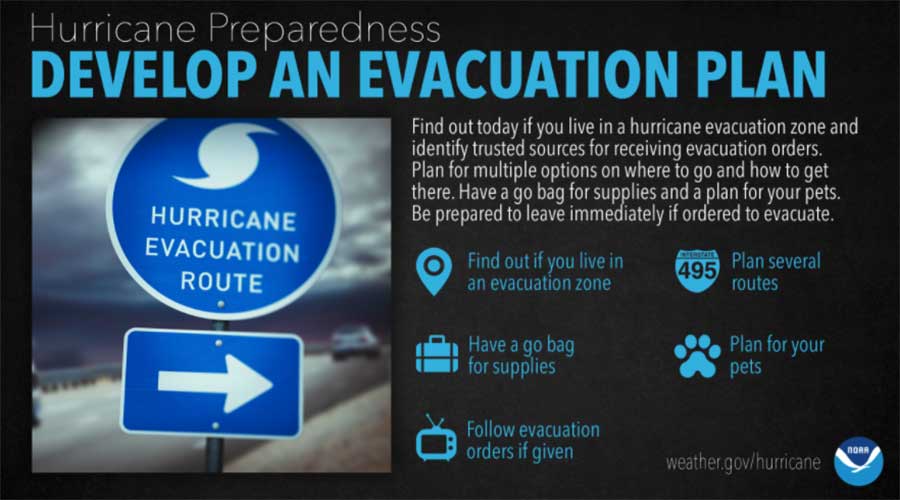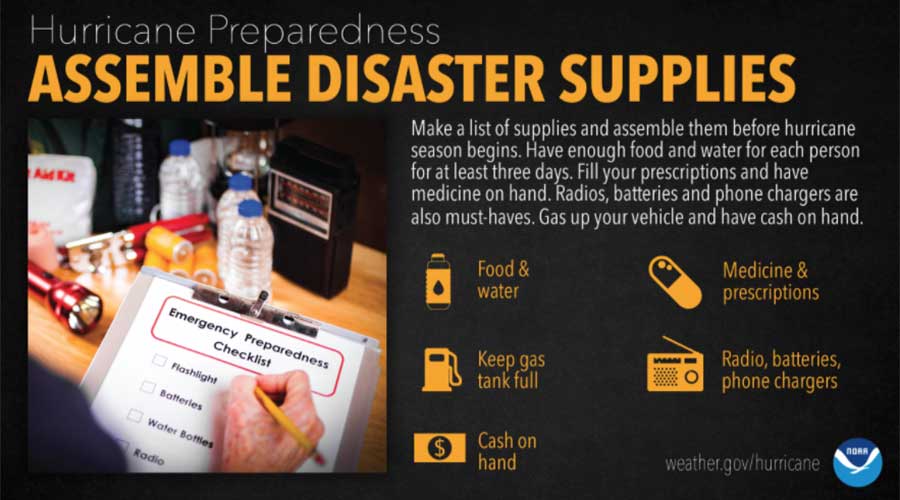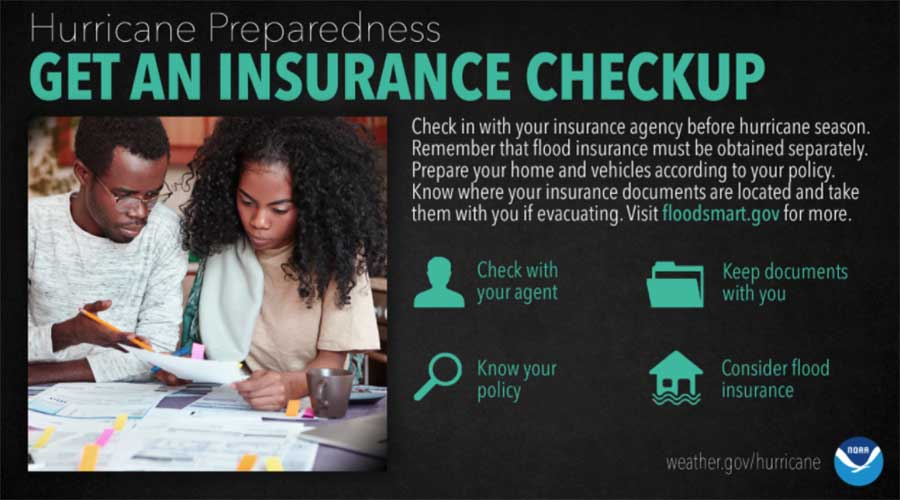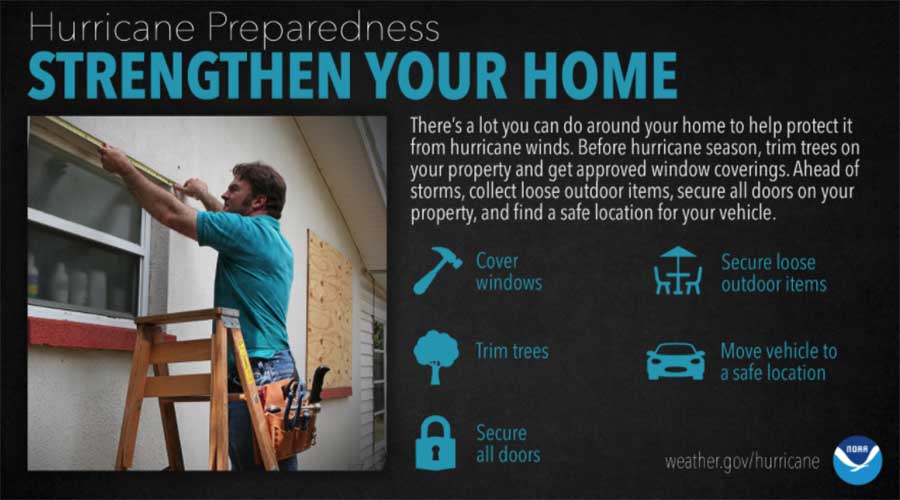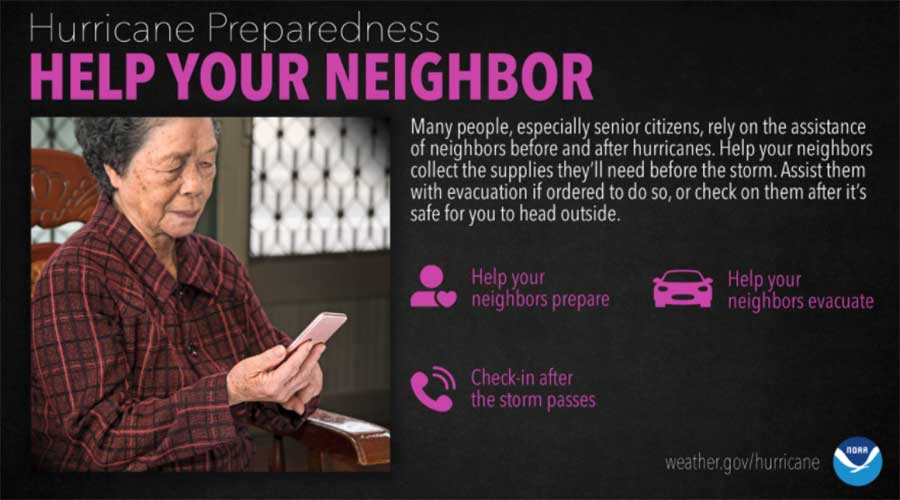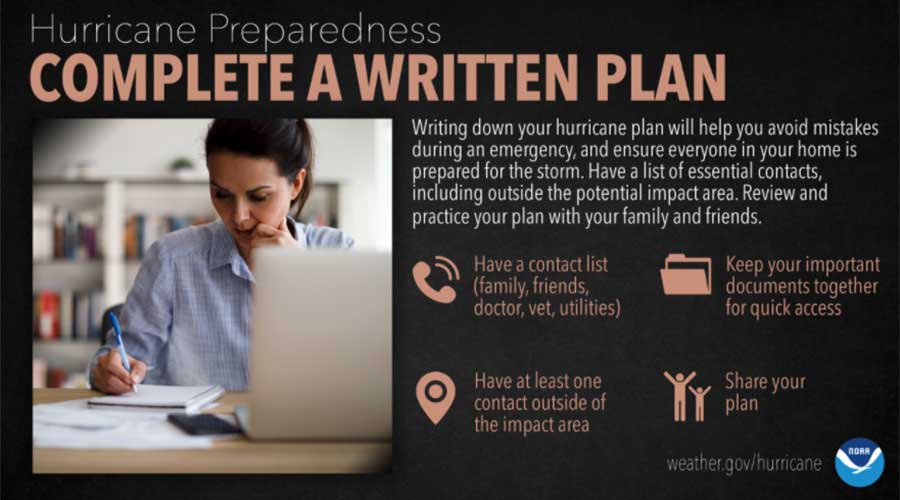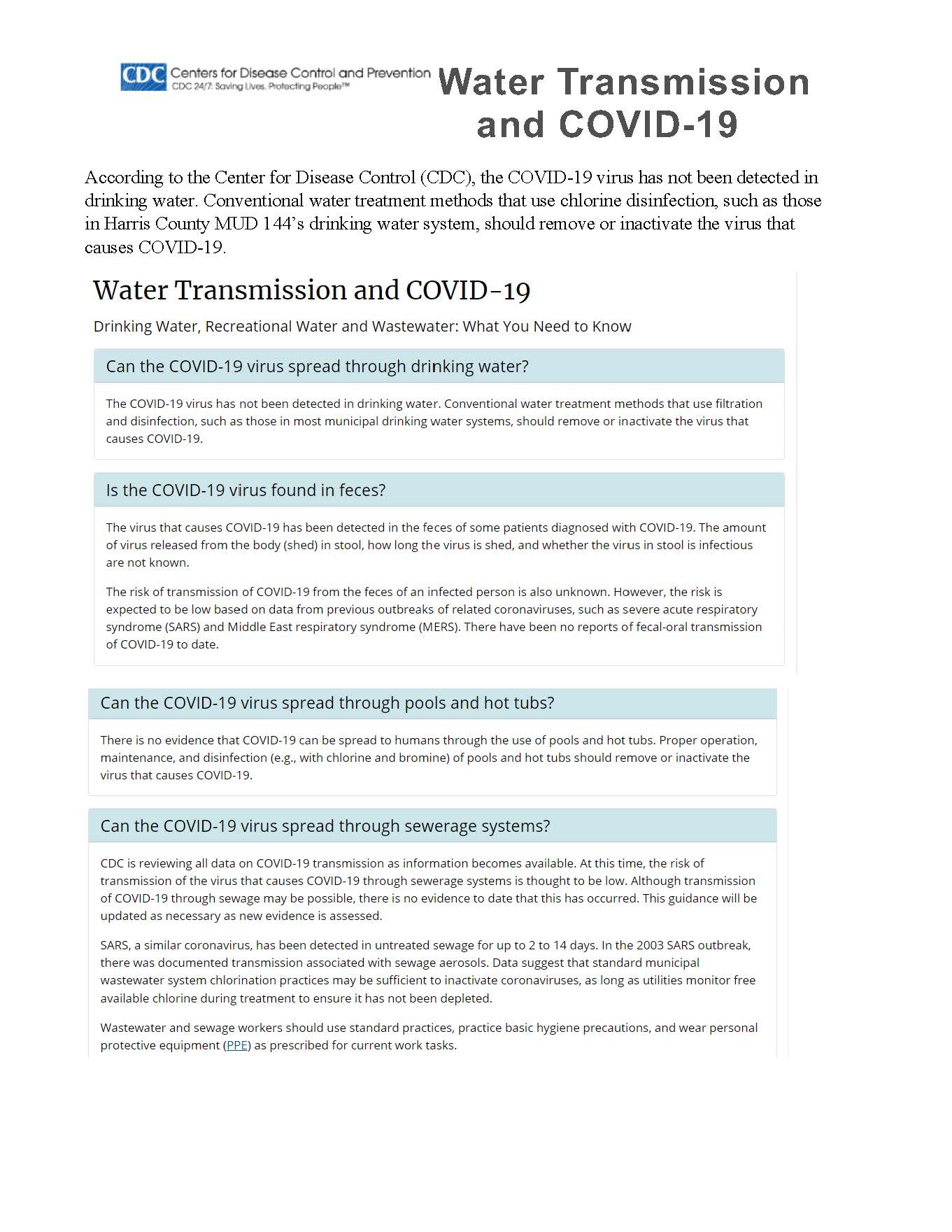Winter Freeze Warning

Being prepared is the first step in reducing costly home repairs and emergency situations during inclement weather . Here are some tips to help keep you warm, safe and reduce the chance of damage to your residence and/or property:
- Shop earlier for supplies! When dangerous weather is pending, don’t wait to stock up on useful items, such as pipe insulation, bottled water, canned goods, hygiene & feminine products, pet food, batteries, flashlights, wood for fire places, gas powered generator if possible, and blankets. Checking fuel levels in your vehicle and toping off if necessary is also a good idea.
- Stock up on medications and first aid supplies! Road conditions may become hazardous during inclement weather, so make sure you have at least a weeks worth of first aid needs and prescribed medications on hand.
- Insulating outside water pipes! Check around and near your home and property to insure there are no exposed water pipes. Covering any outside faucets, water spigots and turning off automated water sprinkler systems is a must during freezing temps.
- Check on elderly family members and friends prior to inclement weather. They may not have the resources to stock up on supplies, and may require assistance.
- Bring outside pets indoors! Remember: If you’re cold, they’re cold. Bring them into a warm area with plenty of bedding. If your pet requires a prescription medication, make sure you have a least a weeks worth on hand during the inclement weather.
- Checking all window and door sills to ensure proper fit and that they are air tight to prevent cold air from entering and warm air from escaping. This is especially important in case of power loss in your home.
- Cover outside plants and shrubbery with sheets. Covering your landscaping will help minimize the risk of damage caused by frost and freezing temps, and when possible, bring potted plants indoors.


